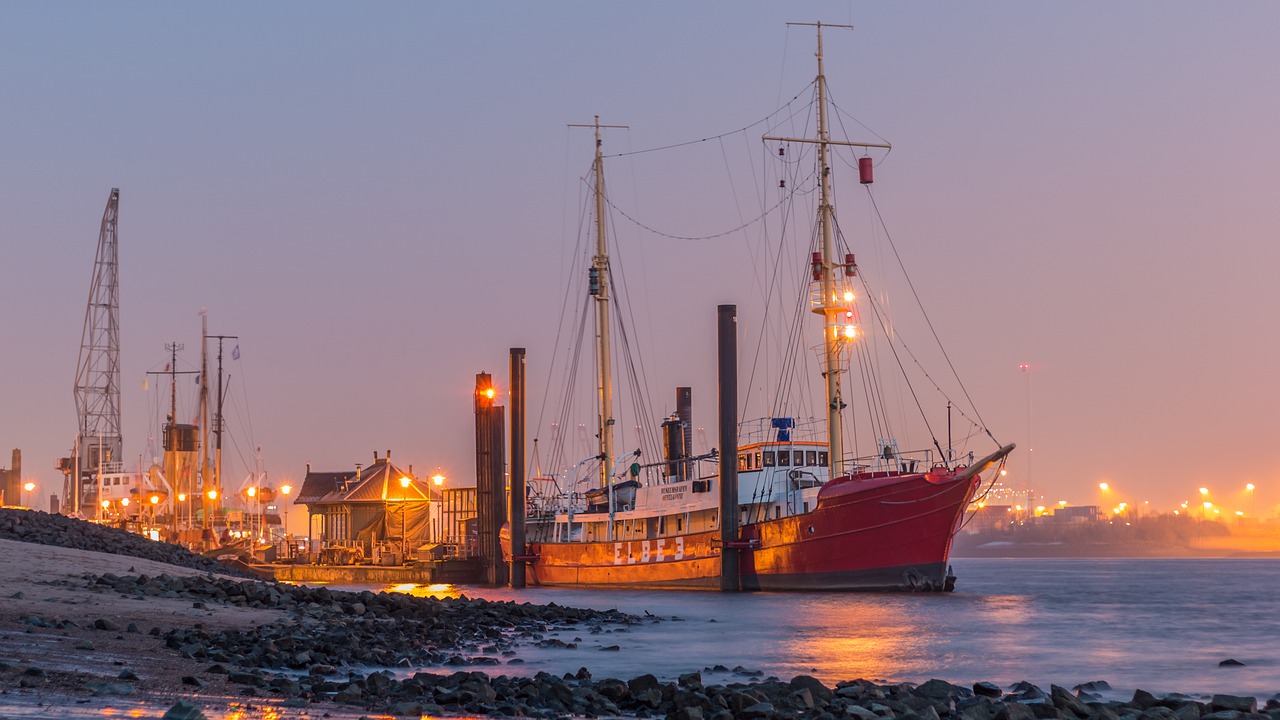Global shipping faces a critical juncture next month as the International Maritime Organization (IMO) prepares to vote on its Net Zero Framework (NZF). The decision, due at an extraordinary Marine Environment Protection Committee (MEPC) session in the week of 13 October, will determine whether international shipping moves forward with a binding global regime for greenhouse gas reduction or risks fragmenting into competing regional systems.
The International Association of Ports and Harbors (IAPH) has warned that failure to adopt the framework would be a ‘disaster’ for the maritime sector. Patrick Verhoeven, IAPH Managing Director, said that missing this opportunity ‘would create absolute investment uncertainty, both for shipping companies and ports, and with that significantly delay the decarbonisation of the maritime sector.’ He added that without a global agreement, ‘a mixture of national and regional measures could spell a disaster for the maritime energy transition.’
The NZF, approved in principle by MEPC in April 2025, sets out mandatory fuel standards and an economic mechanism combining carbon pricing and credit trading. Proponents argue that these measures are essential to closing the price gap between conventional fuels and low- or zero-carbon alternatives such as ammonia, hydrogen and methanol. Revenue raised would be directed towards research and development, infrastructure projects and support for developing economies.
A study commissioned by the IAPH from consultancy Maritime & Transport Business Solutions estimated that the cost of climate adaptation and decarbonisation infrastructure in developing countries lies between US$55 billion and US$83 billion. The association insists that without a predictable international framework and a dedicated Net Zero Fund, many of these ports risk exclusion from future fuel supply chains, undermining global trade equity.
While many governments and maritime organisations back the NZF, others are pushing back. The United States has rejected the plan, with officials arguing in August that it amounts to an unfair global tax that would penalise American energy exporters, particularly LNG and biofuels, while advantaging competitors such as China.
Some member states have also raised concerns about the readiness of supply chains and the compliance burden for shipowners already grappling with the IMO’s Carbon Intensity Indicator and Energy Efficiency Existing Ship Index, particularly if strict measures are enforced immediately.
Christopher J. Wiernicki, Chairman and CEO of the American Bureau of Shipping, recently warned of a ‘widening gap between regulatory ambition and industry capability,’ citing infrastructure bottlenecks, fuel availability and cost pressures.
However, for many investors the central issue is regulatory certainty. Backers of alternative fuel projects remain cautious, with billions already committed but further investment hinging on long-term policy clarity. A rejection or delay of the NZF could see capital shift elsewhere, slowing the momentum behind zero-carbon fuels and related technologies.





